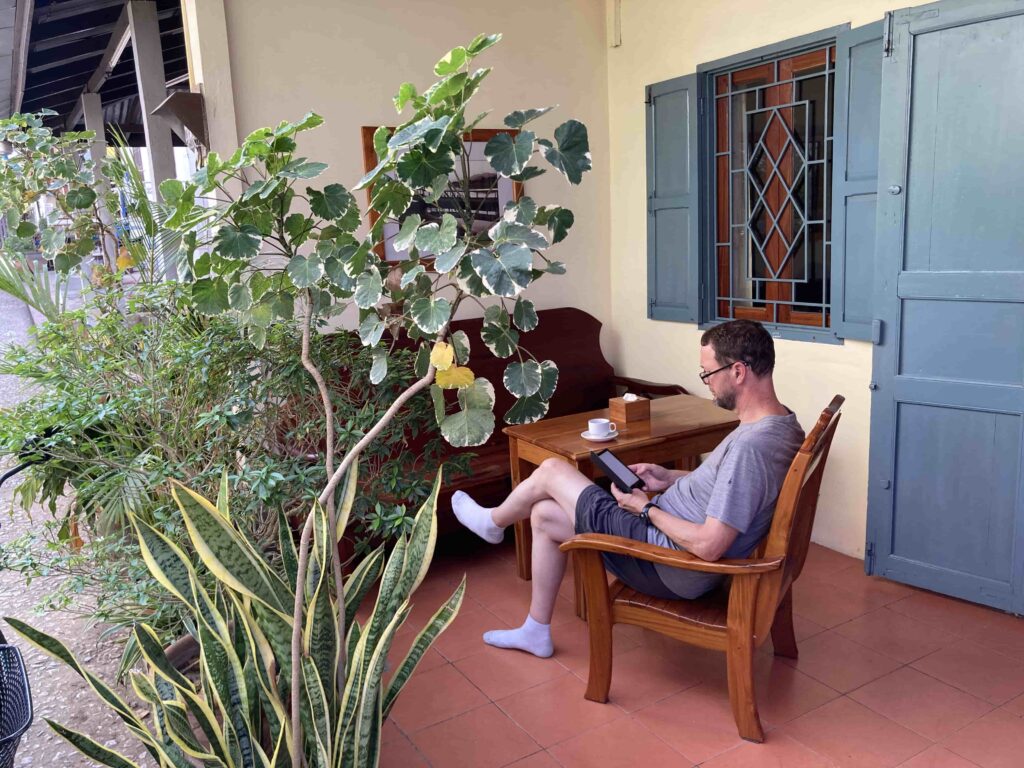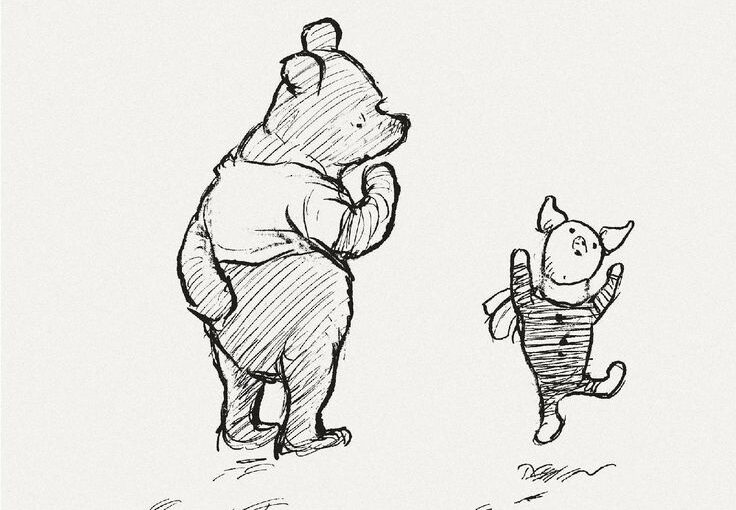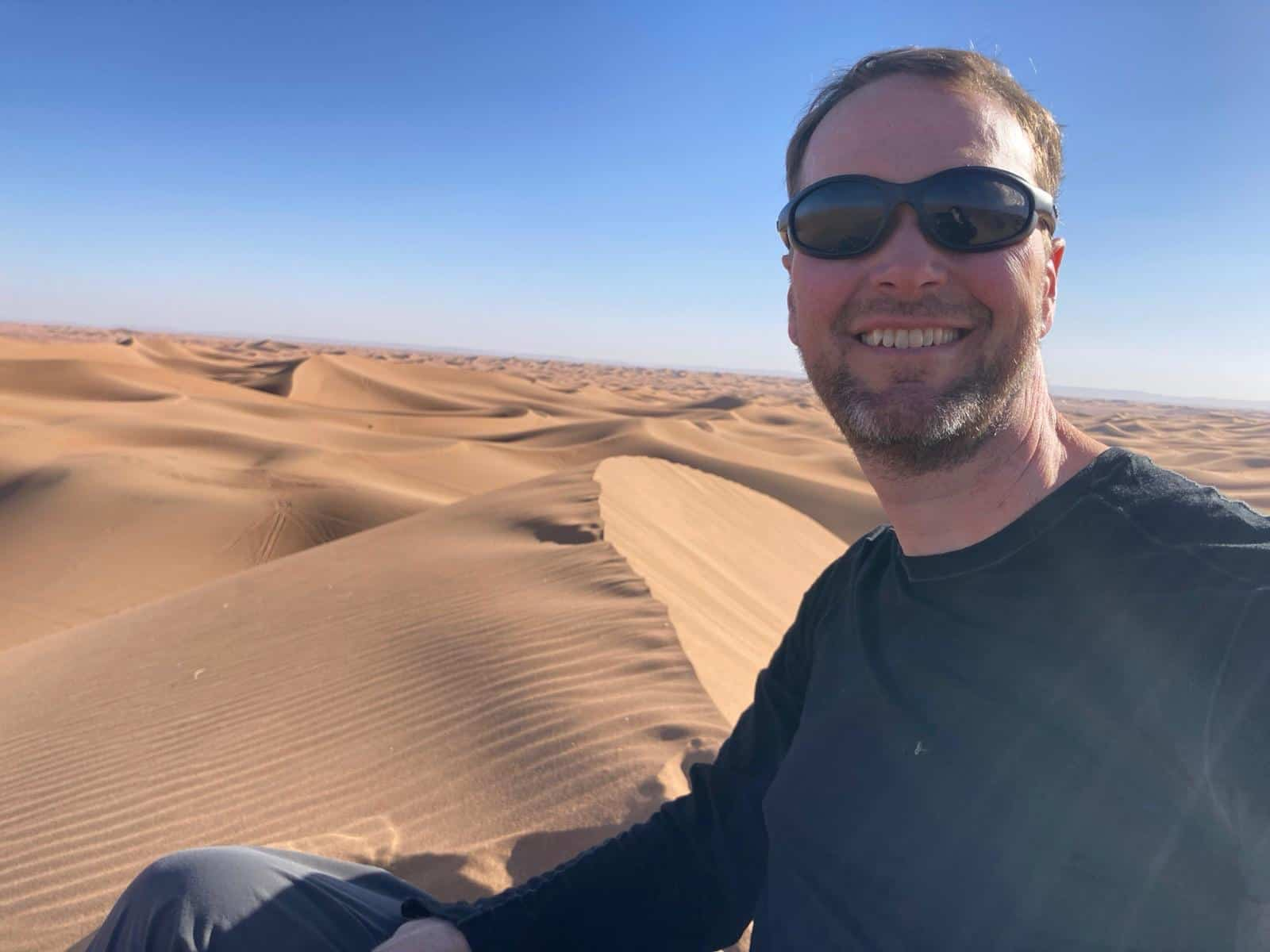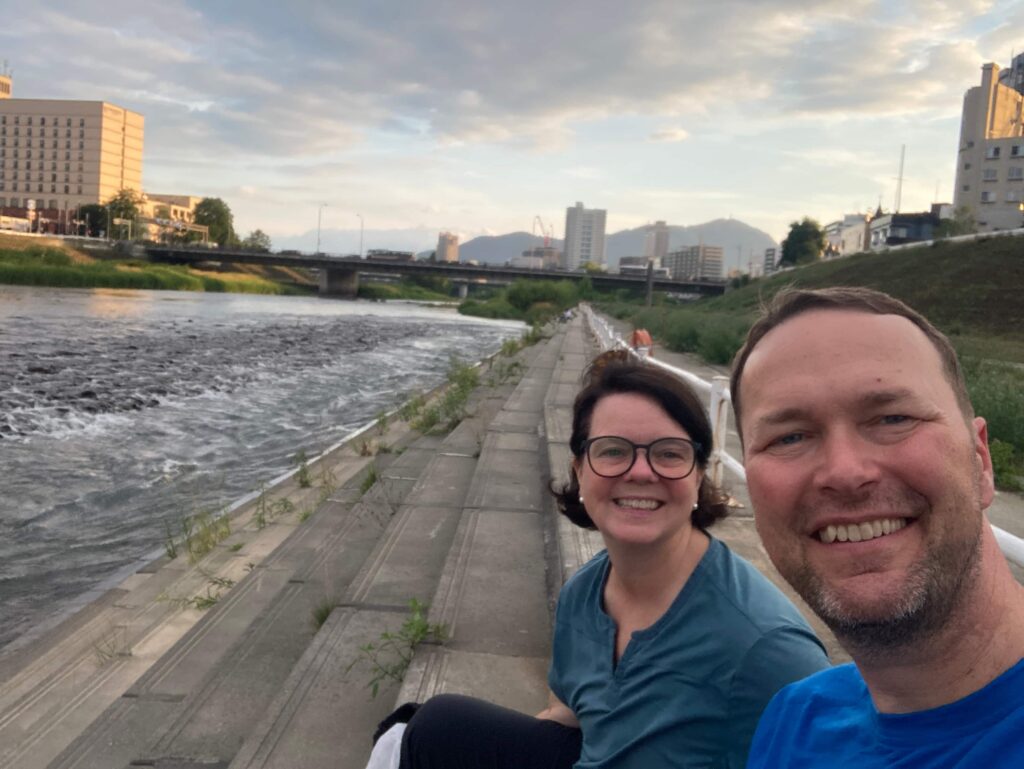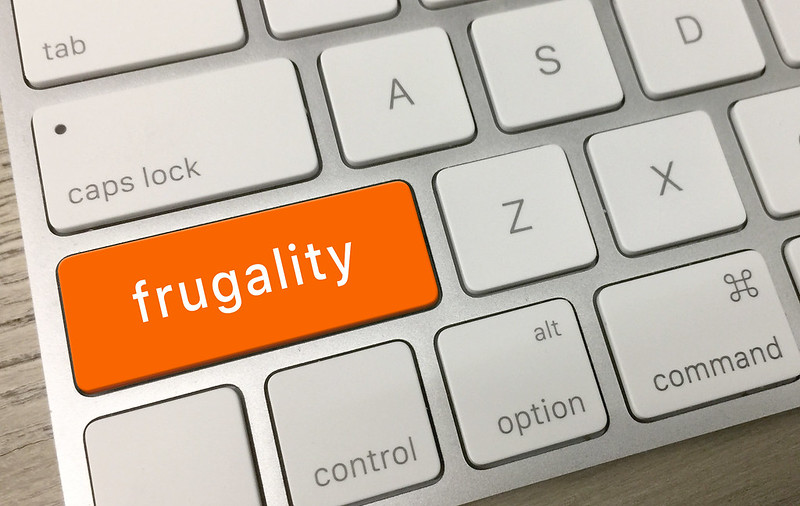My wife (a public school teacher) and I (a government employee) both achieved financial independence and retired at the age of 52, or 15 years before Social Security’s full retirement age. Coming when we are still able-bodied and relatively healthy, that 15 years represents a lot of time to follow our curiosities.
[This article was published in Simplify Magazine (June 2025). FYI a lifetime subscription to Simplify Magazine is just $20—not bad!]
For us, financial independence has meant no longer working full time, letting go of 98% of our belongings, and traveling the world full time for the last two years. (I’m writing this from Fethiye, Türkiye as we are about to embark on a 240-mile hike along the Lycian Way.)
The reason I often hear that people don’t want to pursue full financial independence (i.e., having the ability to retire early) is that they don’t want to live a life of deprivation and unhappiness to get there. We didn’t, and you don’t have to either.
Pursuing financial independence isn’t a race. We don’t have to work two side hustles in addition to our full-time jobs, or eat only rice and beans, or forgo all vacations to achieve financial independence. People following these extremes often garner public attention for retiring before age 30, and while those may have been the right choices for their journey, for others such extremes may result in regrets. Lives of acute deprivation on the way to financial independence do not need to be the model for the rest of us.
Getting to financial independence did require us to practice the skill of frugality. It required avoiding debt, spending less than we earned, and investing the difference. And it took time—30 years to be exact—but it didn’t require a life of deprivation or sacrificing our happiness along the way. Quite the contrary. We thoroughly enjoyed those years of raising our two kids, coaching soccer, camping, hiking, reading, working, gardening, hanging with our family and friends, and some memorable international traveling.
No regrets. And it’s frugality that got us here.
Frugality is not synonymous with deprivation or unhappiness. Frugality is the skill of being economical with money—making value-based decisions that balance our future goals (early retirement for us) with the quality of our daily life.
In today’s society, we are barraged by constant comparisons with our friends and neighbors on social media and by savvy marketing companies convincing us to spend more. We are pressured to spend all of our income (and more) to live a “happy” life. But we don’t have to.
It may sound counterintuitive (especially with the marketing world trying to convince us otherwise), but I have found that spending more does not lead to increased happiness, while spending less frequently does lead to more happiness. How could that be?
3 Reasons Frugality Leads to Happiness
Reason 1: Happiness is primarily derived from family, friends, nature, health, learning, and helping others, not from spending a lot more money.
This isn’t just my opinion. There is extensive happiness research supporting this dynamic. Check out the extensive research by Dr. Arthur Brooks, Wes Moss, et al.
I have increased my long-term happiness without spending a lot of money.
My best memories with my family involve family game nights with homemade pizzas, pancakes on Sunday mornings, camping and hiking together in the woods, home exchanges to great destinations with travel rewards points paying for most of the airfare, and reading great books from the library out loud together.
My best times with my friends were potluck parties and hanging out in our backyards around a fire pit, or going camping and hiking together. I don’t watch a lot of movies, but when I do, I have a lot more fun watching a movie at home free through my public library or renting it for less online. In contrast, I find it a lot less fun and interactive with my friends to spend $16+ per person to go to a movie theater that is so loud I need to wear earplugs and where I can’t chat or take any breaks.
My wife and I love taking extended fitness walks. We used to live near a creek where our walks allowed us to see deer and birds and lots of other people walking, jogging, and biking. We enjoy the benefits of nature and increase our happiness without spending a penny. As we now travel the world, it is rare that we can’t find some close-by place to spend time in nature.
Happiness is rarely about the stuff we buy or the amount we spend, but about the time we spend with family, friends, learning, and helping others. I didn’t need to spend a ton of money going to restaurants or staying at hotels to increase my happiness. I found that when I spend a lot of money on a meal out or other expensive endeavor, I am often less happy because my expectations were higher and I was underwhelmed. While we all have felt a jolt of pleasure from buying something new, we need to recognize and separate sustained happiness from these fleeting moments of enjoyment.
Reason 2: We can often get or do essentially the same things for a fraction of the cost.
Frugality is the superpower of financial independence. It is the core that enables us to create margin that we can use to pay off debt, save, and invest.
Cutting back on spending does not mean we have to live a life of deprivation—far from it! My favorite cutbacks enable me to save money while still enjoying the same or close to the same goods or services as others around me who are spending more. These are the “invisible” cutbacks—those that, with just a little effort, are barely noticeable.
Here are examples from our experience:
- Taking great trips using home exchanges (free lodging and eat-in food costs) and leveraging travel reward points for low-cost airfare.
- Going camping with our family instead of paying for high-priced hotels and eating out. (This doesn’t mean we never stayed in a hotel—when we infrequently did, we enjoyed it more.)
- Cooking delicious meals at home and enjoying them at our dining table, on the deck, or on a picnic. This works well for groups of friends too.
- When we do go out to eat, agreeing to enjoy an alcoholic beverage together at home afterward. Cheers to an affordable glass of wine!
- Arranging free pet sitters through an online platform instead of paying for pet care.
- Making high-quality coffee at home and putting it in a reusable travel mug instead of buying disposable cups of expensive coffee on the go (cheaper—and better for the environment).
- Getting free books (physical, digital, and audio) and movies (physical and digital) from the library and not buying or renting them.
- “Cutting” the cable cord and negotiating lower rates on internet-only service.
- Asking my wife to cut my hair instead of spending the time and money to go to a barbershop. I’ve enjoyed free haircuts since 2005!
- Switching to a low-cost cell phone carrier.
- Repairing my appliances using YouTube videos and inexpensive parts ordered online and getting a great sense of accomplishment!
- Keeping and maintaining our cars, phones, computers, etc., for their useful life and avoiding the constant upgrade cycle that companies hope to lure us into.
With a little intentionality, my wife and I were able to save a lot of money over time and buy our early retirement. Most of the examples above required some of my time or a small compromise in what I am doing, or both, to save money. But doing so did, in fact, make me happier. I have found that the times I did spend more mostly only provided a fleeting amount of joy. But living frugally has been, and continues to be, a constant source of enjoyment and contentment. It makes me happy to get good value for a lot less money. I can live a middle-class life, while spending much less than many middle-class Americans, by making some simple adjustments.
It makes me happy to break free of the external marketing and peer-pressure forces that drive so much of our consumer behavior. By examining and questioning these forces, I learned a lot about myself. I learned that I don’t need an upgrade. I don’t need the latest fashion trend. I don’t need to impress others with what I own, do, or wear. I can wait to watch a movie or read a book. I can be happy, because my happiness is not dependent on spending more money.
Reason 3: We are happier when we have less of both stuff and commitments.
Separating our identity from our stuff enables us to pursue happiness in less expensive ways (actually, I pursue contentment instead). As my wife and I sold, gave away, or otherwise disposed of 98% of our personal belongings, I became a different person.
By getting rid of my musical instruments, canning equipment, lawn care equipment, cars, house, tools, old files, and collections, I released myself from numerous commitments and freed up enormous time and resources.
I jettisoned my lower-priority personas of musician, canner, gardener, homeowner, etc., to focus on what I truly valued and what made me happier and content. Now I’m more aware of the alluring promises of new personas through purchases, and I don’t buy that stuff anymore. I travel more, spend more quality time with family and friends, take care of my health, read more, and follow my curiosity. I do all this at a slower pace, adding more white space in my calendar. I am a different, more content person. Minimalism changed who I am for the better!
I saved a lot of time and money by letting go of the possessions and commitments of these lower-priority endeavors, and my happiness increased because I was able to focus on what I valued the most.
Frugal and Loving It
We should not conflate frugality with deprivation or unhappiness. Those seeking financial independence and early retirement can live happy and fulfilling lives while also saving a much larger percentage of their income than people who are caught up in mainstream spending.
As modern-day philosopher Naval Ravikant explains, “Money doesn’t buy happiness—it buys freedom.”
It is a skill to be frugal—to determine and then stick to how much spending is enough. Enough to live a life of contentment and joy, enough to reach long-term goals like the freedom of early retirement.
Spending less does not mean less happiness. In fact, it can mean more.





